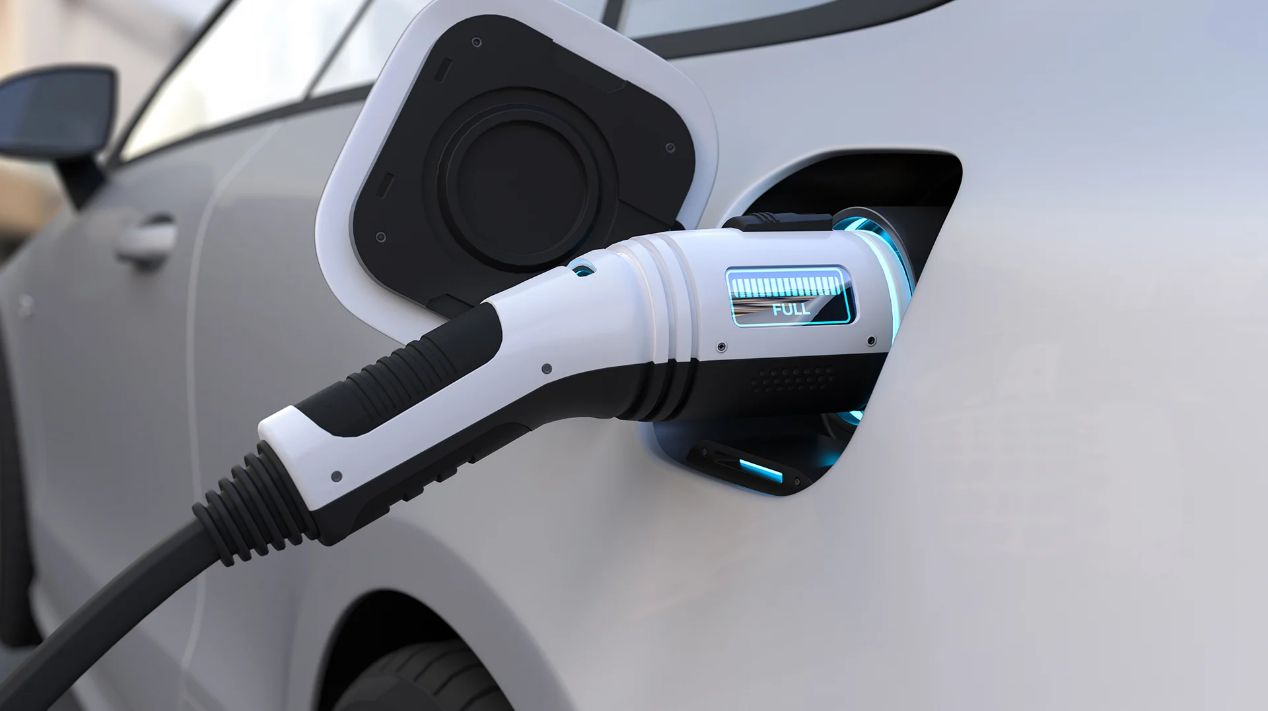Picking the right charger
Picking the right charger can be confusing because there are so many choices — 32 amps, 40 amps, 50 amps, all the way up to 80 amps.
The higher the amperage, the faster the charge —but you should know how much power your EV can accept.
The Kia EV6 my husband and I took on a long road trip, for example, can charge from 10% to 100% in about seven hours on a 40-amp circuit, while a Toyota bZ4X takes about 11
hours due to its lower acceptance rate.
Be smart: If you’re charging overnight, a few extra hours isn’t that important, so buying the most powerful charger might not be worth the extra money — unless you want to future-
proof your setup.
And if you have residential solar, you may be able to charge your EV essentially for free.
My thought bubble: I don’t own an EV, but I test-drive them all the time for work, so it made sense to have a home charger installed.
I wanted a smart charger, with a dedicated app and Wi-Fi connectivity, so I could schedule charging at off-peak times.
A common complaint in the online reviews, though, was that the apps were glitchy or the charger wouldn’t connect to Wi-Fi.
I chose the ChargePoint Home Flex, a residential model from a brand well-known for its public charging network, because I already had the intuitive ChargePoint app on my phone.
It still took about a dozen attempts to successfully connect the unit to Wi-Fi.
I also chose a charger that I could plug in, rather than the hard-wired version, for maximum flexibility (see photo above).
The bottom line: I paid $1,500 ($700 for the charger,plus $800 for installation, which was relatively straightforward with no unexpected costs).
16A 5m IEC 62196-2 Type 2 EV Electric Car Charging Cable 5m 1Phase Type 2 EVSE Cable
Post time: Nov-20-2023









